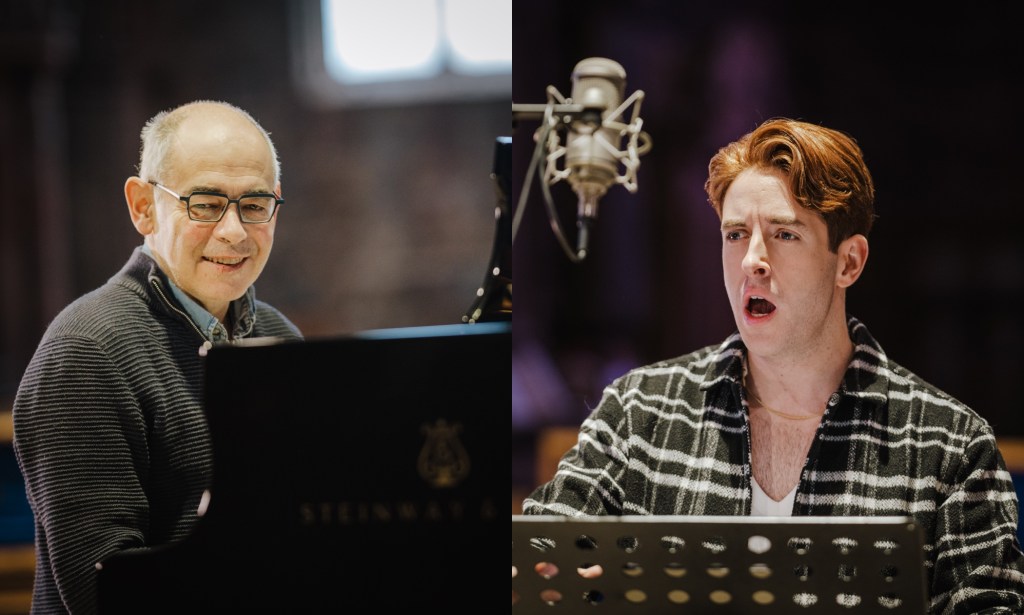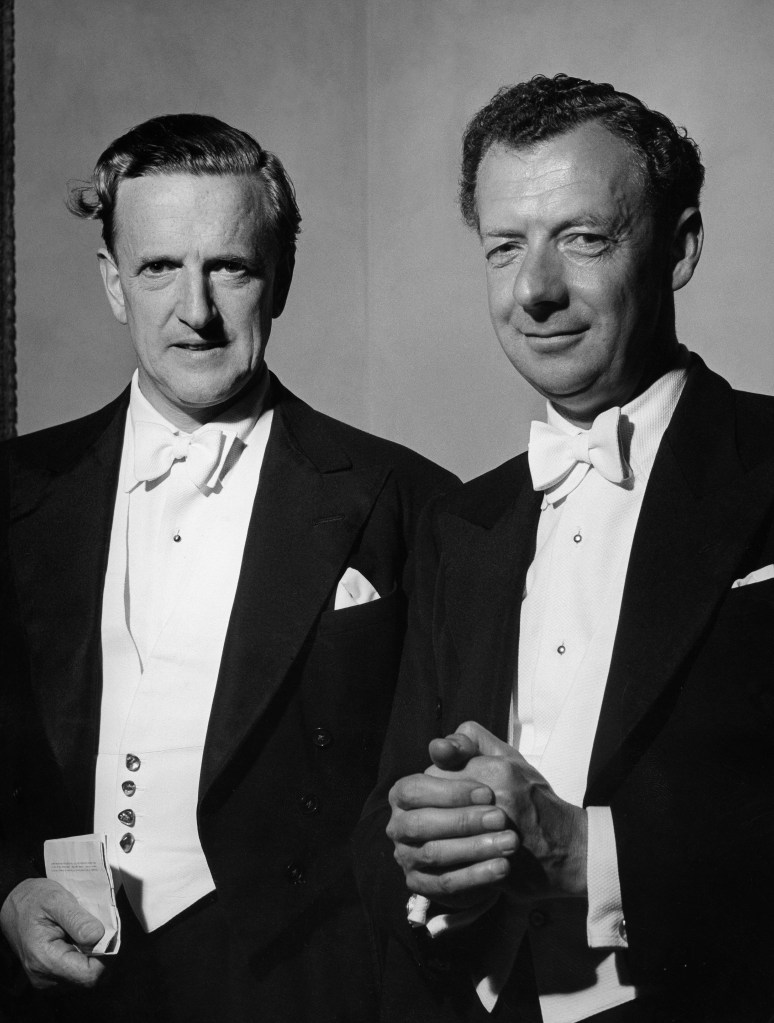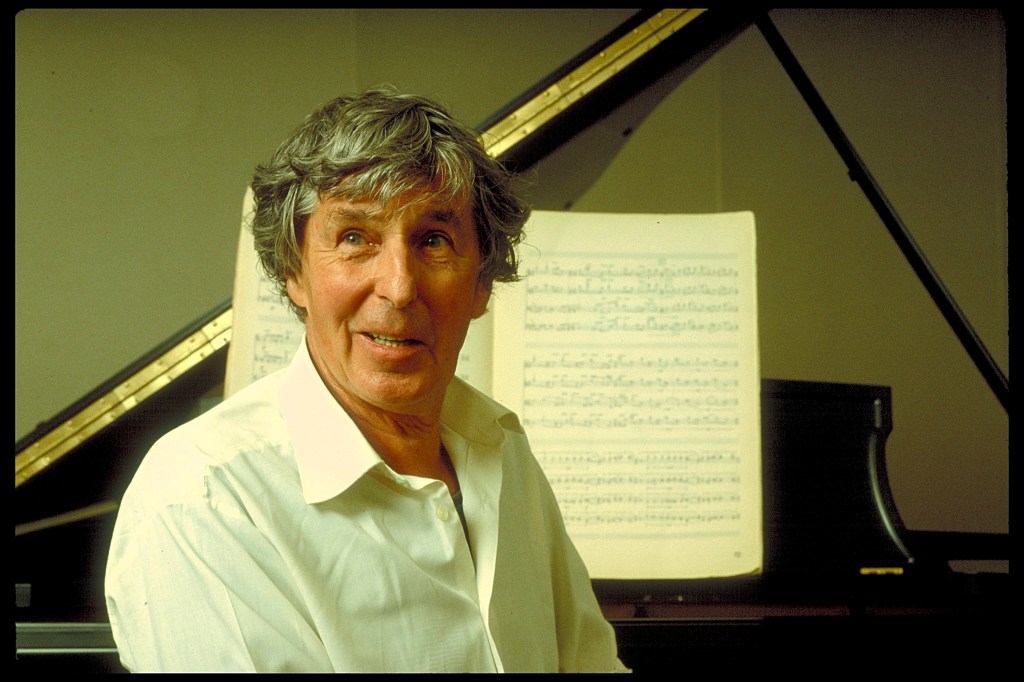Opera singer Elgan Llŷr Thomas on pushing the boundaries with radically queer album Unveiled

Welsh opera singer Elgan Llŷr Thomas is challenging ‘traditional’ classical music with his daring new queer album, Unveiled. (Cody Jai Murray/Tom Gradwell)
Welsh opera singer Elgan Llŷr Thomas is challenging the conventions of classical music with his radically queer new album Unveiled.
It’s no secret that classical music has a diversity problem. While reports show that classical music is becoming increasingly popular among young fans, the sector is hardly representative of British society, with a 2019 study from Arts Council England finding that women, LGBTQ+ people and ethnic minorities face chronic underrepresentation and greater “barriers” across the industry.
As historically marginalised groups fight to carve out a much-needed space for themselves in the industry, classically trained tenor and Unveiled curator Elgan Llŷr Thomas is one musician who is determined to push the notoriously elitist discipline into a new, progressive era.
Thomas, an award-winning Welsh tenor who has played several prestigious roles since graduating from Guildhall School of Music and Dance, created his new album Unveiled over the past year in response to increasing frustration with only seeing “heterosexual relationships” portrayed on the operatic stage.
Set to debut with the Royal Liverpool Philharmonic Orchestra in Michael Tippett’s A Child of our Time in June, Thomas tells PinkNews that opera has to “stay relevant if it’s going to survive”.

Described as “a musical tale of queer British culture from the 20th century to the modern day”, the setlist features mid-century gay composer Benjamin Britten’s Seven Sonnets of Michelangelo, influential female composer Dr Ruth Gipps’ Four Songs of Youth, closeted composer Michael Tippett’s Song for Achilles, queer poet W Denis Browne’s To Gratiana dancing and singing (Pavan) and an original composition from Thomas himself based on poetry from queer creative Andrew McMillan.
The singer, who has only performed one minor queer character since graduating from Guildhall in 2016, admits that while he never intended to make a radically queer album, as he uncovered Britain’s rich LGBTQ+ classical history, it just “organically” came together.
“None of it has been chosen merely for the sake of music because it’s just not enough anymore,” he explains.
“If I am going to use [the album] as something that represents me, then everything has to be for a real reason. What I’ve made is a queer album but I didn’t think it would happen so organically. One thing genuinely did just lead to another.”
Every aspect of the album, made in collaboration with acclaimed pianist Iain Burnside and guitarist Craig Ogden, was meticulously considered, including the title itself. Each track offers something rarely, if ever, seen before in the classical music world.
For example, the Seven Sonnets of Michelangelo were originally written by historically-praised 16th century Italian artist Michelangelo for the nobleman Tommaso Cavalieri.
In 1940, Britten composed them for his own long-time lover, tenor Peter Pears, to sing. Despite their intrinsically gay legacy, this album shall be their first ever full performance in English, translated by Jeremy Sams.

As for Ruth Gipps, a prominent composer awarded an MBE upon her death in 1999, Thomas accidentally stumbled upon her Four Songs of Youth using poetry from bisexual World War One poet Rupert Brooke while scrolling on Wikipedia.
“I thought ‘I’m meant to sing these’,” he says on discovering them. “The songs fit perfectly, the first one is about living with a blasphemous secret and screaming to God asking why he hates him.”
Labelled a “housewife composer” during her heyday in the 1940s, Gipps was tragically overlooked and faced discrimination. Last recorded in an untraceable BBC broadcast from the 1950s, Thomas is one of the first to revive this specific collection from her considerable repertoire for a modern audience.
Gipps left behind a complicated legacy, after making controversial remarks about Britten not being a “normal man” due to his sexuality. When asked, Thomas admits he “does not judge her at all”.
“She was literally being completely ignored and Britten was doing so well. People say terrible things all the time that they don’t mean or fully understand and it was a different time,” he says.
There’s also Tippet’s Songs for Achilles, which tells the story of the Trojan War, and the epic love between Achilles and his war companion Patroclus.

“They are the hardest songs I’ve ever done,” says Thomas. “In some forms of media Achilles and Patroclus are not lovers, they’re brothers or cousins and I was like ‘nah’ Tippett definitely wrote this as between two lovers. This is from a man who struggled with his sexuality for years and years before eventually coming out.”
The album poignantly ends with Thomas’ own composition, Swan, created from eight poems by gay Mancunian poet McMillan and inspired by Matthew Bourne’s queer adaptation of Swan Lake, based on the original music from era-defining gay Russian composer Tchaikovsky.
“As someone on stage trying to tell these stories I see people losing interest rapidly,” Thomas says about the urgent need for this album.
“If we don’t start engaging with people under the age of 35 in some way, it will be terrifying. We’re all just really worried about even having a job in the future.
“I want to appeal to a new audience [with this album], with people who think ‘it’s not for me’ or that it’s elitist or boring. I want people to know that they can be comfortable at the opera just as they are.”
Elgan Llŷr Thomas’ Unveiled will be released on Delphian Records on 23 June. The launch concert will take place at Wigmore Hall on 29 June 2023.

